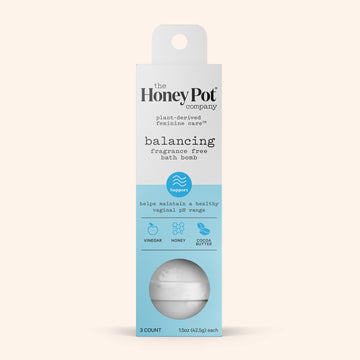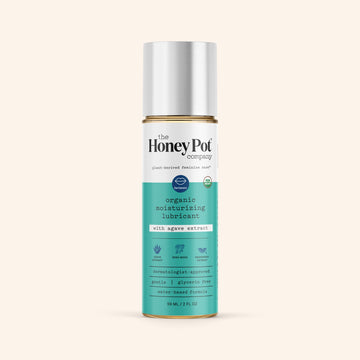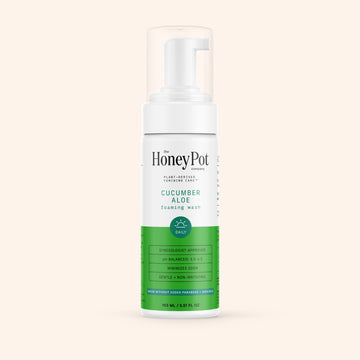
Education
Tell Me Why My Vagina Itches
One of the most uncomfortable and unpleasant sensations is vulvar itching. It almost always occurs at the most inconvenient times when seemingly all eyes are on you. Although many of us have created genius hacks to relieve an itchy situation down there, we still wonder if this experience was benign or if something more sinister is afoot.
On the bright side, you are not alone. 1 in 10 humans with vaginas seek help for vulvar itching at some point in their lives. This trend is most likely underreported as many individuals never seek help due to embarrassment or because of a spontaneous resolution of symptoms.
Given how common vulvar itching is, one may wonder when to seek care from a healthcare provider. The simple answer is if symptoms are persistent, make that appointment!
The most common cause of vulvar itching is by far, vulvovaginal candidiasis, aka a yeast infection. A yeast infection is associated with thick, white, odorless, cottage-cheese like discharge. It can also cause vaginal soreness, a raw painful feeling during intercourse, and pain with urination as the acidic urine comes in contact with the vulva. Humans with vaginas that have compromised immune systems (diabetes, HIV, pregnancy, steroids, antibiotic use etc) are at increased risk for infections. Your healthcare provider can diagnose a yeast infection simply by your symptoms or via a vaginal swab for specialized tests. The infection is treated by an oral or vaginal antifungal medication.
Another common vulvar itching cause is contact dermatitis, an allergic reaction to chemicals in moisturizers, hygiene cleansers/ washes, detergents, fragrances, condoms and lubricants etc. The solution is withdrawing the offending agent. Make sure to only let pH balanced products formulated to be safe touch the skin down there.
Other causes include Trichomoniasis (a sexually transmitted disease), chronic inflammatory diseases of the vulvar such as vulvar eczema or lichen sclerosus. Vulvar itching can also be an early sign of precancer or cancer in rare cases.
There are so many ways why you may feel itchy down there, but there are also different products you can use to help relieve the itch. Of course, the end goal is treating the source of the discomfort, but in the meantime, products formulated with Pramoxine and Hydrocortisone along with plant-derived ingredients such as aloe and witch hazel are great for temporarily relieving discomfort. Given how prevalent vulvar itching is, The Honey Pot Co. now has three medicated Anti-Itch products that effectively soothe your vulvar while being kind to your skin. Whether you prefer a cream, a wipe, or a spray, there’s a formula for you! To find your new go-to Anti-Itch product, check them out here. For any more questions relating to vulvar itching, send them to Ask The Pulse.
References
Woelber L, Prieske K, Mendling W, Schmalfeldt B, Tietz HJ, Jaeger A. Vulvar pruritus-Causes, Diagnosis and Therapeutic Approach. Dtsch Arztebl Int. 2020 Feb 21;116(8):126-133. doi: 10.3238/arztebl.2020.0126. PMID: 32181734; PMCID: PMC7081372.
Alani A, McDonald L, Abdelrahman W, Hunter H L. Vulvar itch BMJ 2019; 364 :l83 doi:10.1136/bmj.l8r







